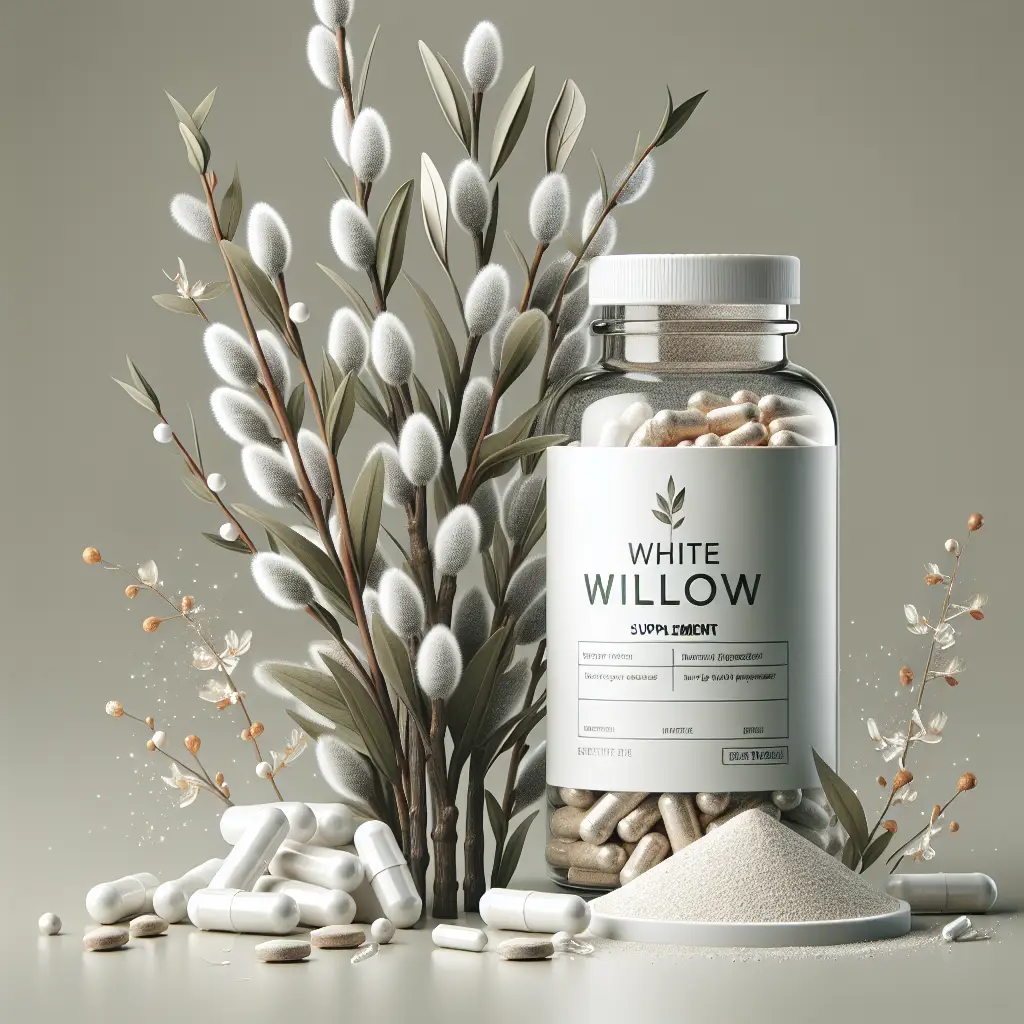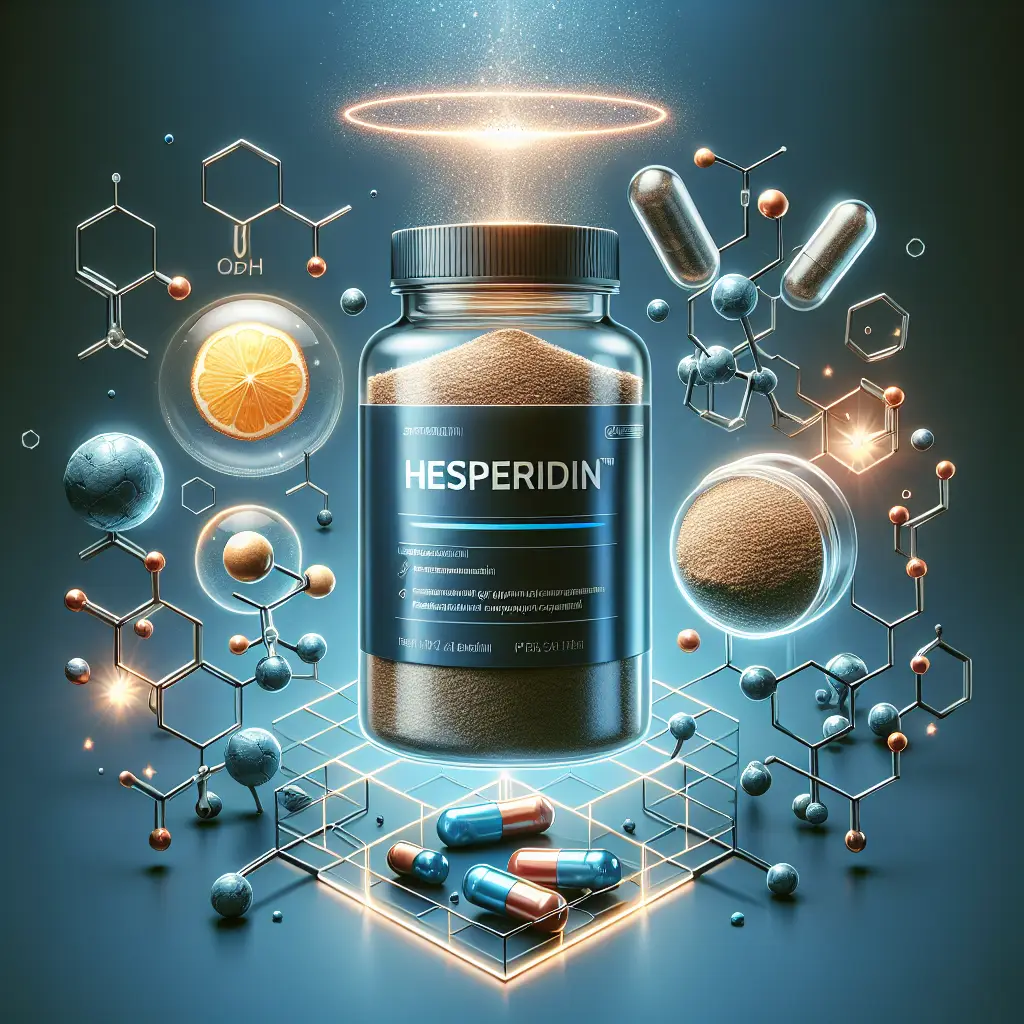White Willow
What is White Willow?
White Willow, scientifically known as Salix alba, is a tree native to Europe and parts of Asia. Known for its distinctive bark and leaves, White Willow has been utilized for centuries in traditional medicine for its healing properties. The major active compound in White Willow is salicin, which the body converts into salicylic acid, similar to the active ingredient found in aspirin. This natural source has made White Willow a popular choice for those seeking natural pain relief and anti-inflammatory benefits.
Benefits of White Willow
- Pain Relief: White Willow is most renowned for its analgesic properties, effectively reducing pain associated with headaches, muscle aches, and arthritis.
- Anti-Inflammatory Effects: The salicin in White Willow has potent anti-inflammatory effects, making it beneficial for conditions such as osteoarthritis and rheumatism.
- Fever Reduction: Traditionally used to lower fevers, White Willow may help regulate body temperature and promote sweating.
- Improves Cardiovascular Health: Some studies suggest that White Willow may help improve circulation and reduce the risk of heart disease by maintaining healthy blood pressure levels.
- Supports Immune Function: Its antioxidant properties may help strengthen the immune system, providing protection against various illnesses.
Types or Forms Available
- White Willow Bark Powder: Ground bark that can be used in capsules or mixed into beverages.
- Liquid Extracts: Concentrated forms that are often added to water or juice.
- Teas: Dried bark can be steeped to make a herbal infusion.
- Capsules: Convenient for those who prefer a standardized dosage.
How to Use White Willow
While dosages may vary based on the form and individual needs, here are general guidelines:
- Recommended Dosage: 120-240 mg of salicin per day, equivalent to about 1-2 grams of White Willow bark.
- Timing: It's best taken with meals to improve digestibility and absorption.
- Usage Guidelines: Consult with a healthcare professional before beginning supplementation, particularly if you are taking other medications.
Side Effects and Considerations
While White Willow is generally considered safe, some people may experience side effects, including:
- Stomach upset or gastrointestinal discomfort
- Allergic reactions, particularly in those sensitive to aspirin
- Increased bleeding risk, especially when combined with blood-thinning medications
Individuals with allergies to aspirin or other salicylates, pregnant or breastfeeding women, and those with certain chronic conditions should exercise caution and consult a healthcare professional before using White Willow.
Foods Rich in White Willow
White Willow is not primarily found in foods but can be consumed in supplementary forms such as tea and extracts. It is important to note that its active components are mainly sourced through the bark rather than dietary intake.
Common Myths About White Willow
- "It’s just a natural form of aspirin": While White Willow does contain salicin similar to aspirin, it acts differently in the body and is not a direct substitute for aspirin.
- "White Willow has no side effects": Similar to any supplement, White Willow can cause side effects in some individuals, particularly if improperly dosed.
- "All herbal remedies are completely safe": Herbal supplements can interact with medications and aren't always appropriate for everyone.
Conclusion
White Willow serves as a natural alternative for those seeking relief from pain and inflammation. With its historical use and promising benefits, it stands out as a valuable supplement in the realms of health and wellness. However, it is essential to approach its use informed and cautiously, particularly if other medications are involved. Overall, White Willow remains a trusted choice for many looking to improve their quality of life naturally.















